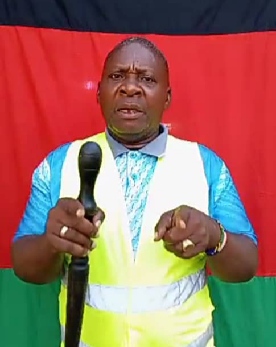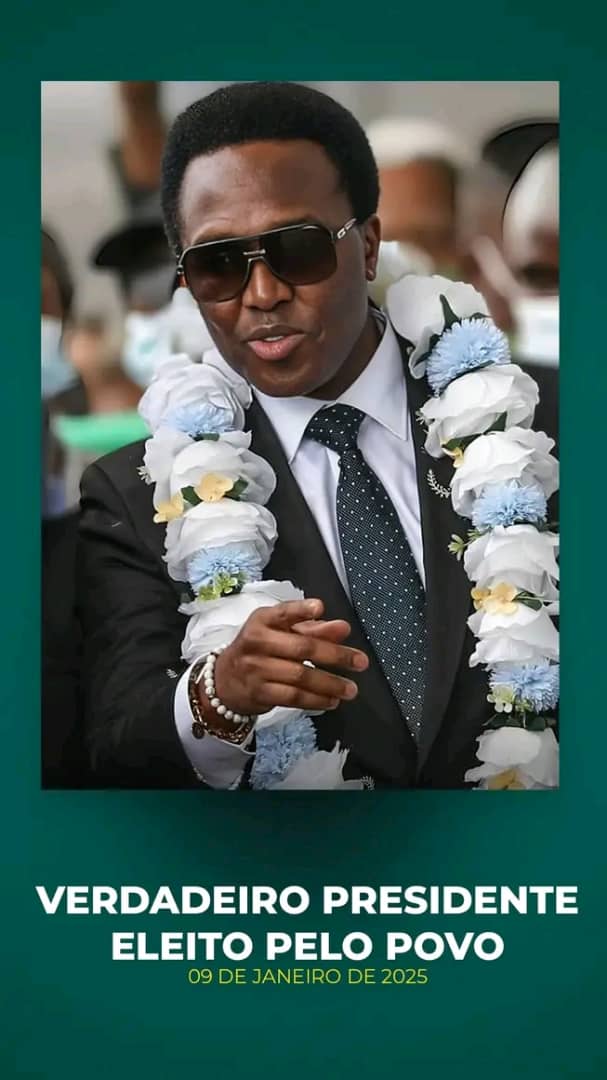By Burnett Munthali
Malawians should brace for massive transfers of police officers and District Commissioners (DCs) in the coming weeks as the country gears up for the highly anticipated 2025 general elections.
This development is expected to affect the leadership of both law enforcement and local administration across various districts nationwide.
Reliable sources within the Ministry of Homeland Security and the Office of the President and Cabinet (OPC) have confirmed that preparations are already underway for a widespread reshuffle.
The impending transfers will include several senior officers, particularly Officers-in-Charge (OCs) of various police stations.
District Commissioners, who serve as key administrative heads in Malawi’s decentralised governance system, are also among those targeted in the anticipated shake-up.
These changes are reportedly part of a strategic realignment to enhance efficiency, neutrality, and preparedness in the run-up to the elections.
Sources say the government wants to ensure that officers stationed in politically sensitive areas are rotated to avoid accusations of bias or favoritism.
There are concerns that some officials may have built strong local political ties that could compromise their neutrality during the election period.
To preempt these concerns, the government believes that moving officers to new postings will restore public confidence and uphold democratic integrity.
In recent years, electoral observers have raised concerns about the role of police and local administrators in shaping the electoral environment.
Complaints have ranged from allegations of intimidation and selective law enforcement to claims of partisan conduct during campaigns and polling.
In response, the government appears determined to avoid a repeat of such scenarios by enforcing early changes in leadership and command structures.
This approach, while not new, has become a routine feature in Malawi’s pre-election landscape.
Every electoral cycle, both the police service and local councils undergo major personnel changes, ostensibly to enhance neutrality and professionalism.
However, the practice has also drawn criticism from opposition parties and civil society organisations.
Some argue that the timing and pattern of these transfers often reflect political calculations rather than genuine reform.
There are fears that some of the replacements could be influenced by loyalty rather than merit, raising questions about the true motives behind the reshuffle.
Nevertheless, proponents of the move argue that a fresh set of leaders can reduce complacency and bring renewed energy and accountability to critical public institutions.
They say that in a tense political climate, it is better to have officers who are unfamiliar with local political dynamics than those deeply entrenched in them.
The coming weeks will likely see a flurry of appointments, handovers, and travel as new officers take up their posts.
In some districts, communities may experience temporary disruptions in service delivery as the transitions unfold.
Stakeholders in electoral processes, including the Malawi Electoral Commission (MEC), are expected to monitor the changes closely to assess their impact on preparations for the 2025 vote.
Civil society groups have also called on the authorities to ensure transparency and fairness in the selection of replacements.
They emphasize the need for professionalism, independence, and a commitment to national service among those who will take over these sensitive roles.
The opposition, meanwhile, is likely to keep a watchful eye on the appointments to guard against political interference or manipulation.
With less than a year to the elections, the stakes are high, and every institutional change is bound to carry political significance.
As Malawi moves closer to one of its most consequential elections, the nation’s governance machinery is undergoing critical adjustments.
Whether these transfers will lead to improved trust and efficiency remains to be seen, but one thing is clear: the political landscape is shifting rapidly.




